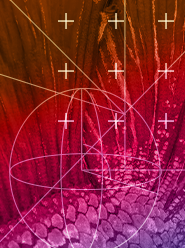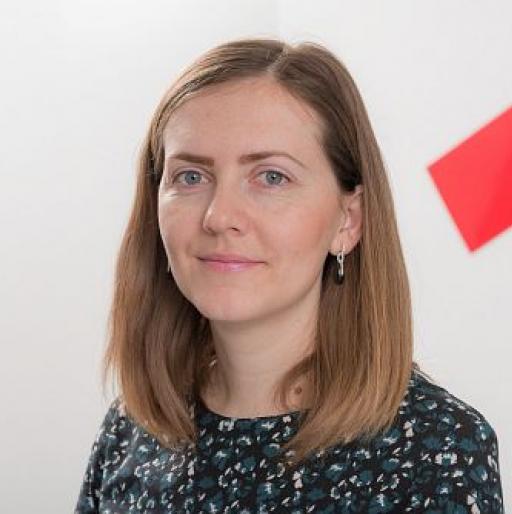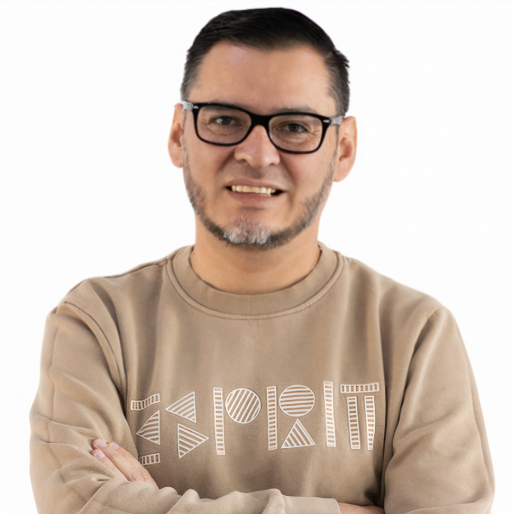
Associate Team
Starting year: 2025
Ending year: 2027
Leading institutions:
-
AGORA project-team, Inria Lyon Centre (France)
-
Universidad de Chile (Chile)
Collaborating institutions:
-
Pontificia Universidad Católica de Chile (Chile)
Coordinators
AGORA, Inria
© Inria / Photo G. Scagnelli
Universidad de Chile
Project summary
The emerging paradigm of Direct-to-Satellite Internet of Things (DtS-IoT) poses a pivotal advancement in interlinking terrestrial Low-Power Wide Area (LPWAN) technologies with Low-Earth Orbit (LEO) satellites, thereby facilitating IoT devices to transmit data via terrestrial gateways or directly to satellites in the absence of ground infrastructure. This innovative paradigm signals a new era for enabling global-scale applications, including cross-border asset tracking, oceanic monitoring, and remote agriculture, by promising coverage over potential millions of devices under a satellite’s footprint. However, the confluence of satellite footprint expansiveness, transmission distances, channel dynamics, and ground device constraints challenges the implementation of DtS-IoT.
This project explores downlink techniques within LoRaWAN-based DtS-IoT systems, recognizing LoRaWAN as a viable technology for DtS-IoT connectivity, albeit with existing prototypes and validations that predominantly address data uplink. Downlink communication in LoRaWAN is vital for ensuring robust data exchanges. It enables the Network Server to acknowledge the successful reception of data and provides a control channel to operate actuator devices remotely. Yet, the distinctive challenges encompassing LoRaWAN’s downlink, particularly the intricated scheduling across the LEO network to facilitate downlink packets within the time-bounded reception window LoRaWAN devices and the nuanced selection of downlinking gateways, demands for tailored solutions.
Thus, this project aspires to navigate these challenges, anchoring on state-of-the-art offline and online optimization and machine learning solutions, aiming to orchestrate downlink messages adeptly to prevent overlap, assure optimal channel conditions, and ensure seamless, reliable, and efficient communication between remote IoT devices and the space access network.
Team
In France:
-
Oana Iova, researcher, coordinator DORSAL-IoT project, AGORA project-team, Inria
-
Juan Fraire, researcher, AGORA project-team, Inria Lyon Centre, Inria
-
Hervé Rivano, researcher, AGORA project-team, Inria Lyon Centre, Inria
-
Fabrice Valois, researcher, AGORA project-team, Inria Lyon Centre, Inria
-
Jana Koteich, postdoc, AGORA project-team, Inria Lyon Centre, Inria
-
Carlos Fernandez Hernandez, PhD student, AGORA project-team, Inria Lyon Centre, Inria
-
Diego Maldonado, PhD student, AGORA project-team, Inria Lyon Centre, Inria
-
Alexander Ylnner Choquenaria Florez, PhD student, AGORA project-team, Inria Lyon Centre, Inria
In Chile:
-
Cesar Azurdia, researcher, coordinator DORSAL-IoT project, Universidad de Chile
-
Marcos Diaz, researcher, Universidad de Chile
-
Matias Vidal, researcher, Universidad de Chile
-
Samuel Gutierrez, postdoc, Universidad de Chile
-
Juan Carlos Valdes, postdoc, Universidad de Chile
-
Jose Pedreros, PhD student, Universidad de Chile
-
Rodrigo Muñoz, PhD student, Universidad de Chile
-
Miguel Gutiérrez Gaitán, researcher, Pontificia Universidad Católica de Chile
-
Cristóbal Huidobro, PhD student, Pontificia Universidad Católica de Chile
-
Sebastián Silva, MSc student, Pontificia Universidad Católica de Chile


